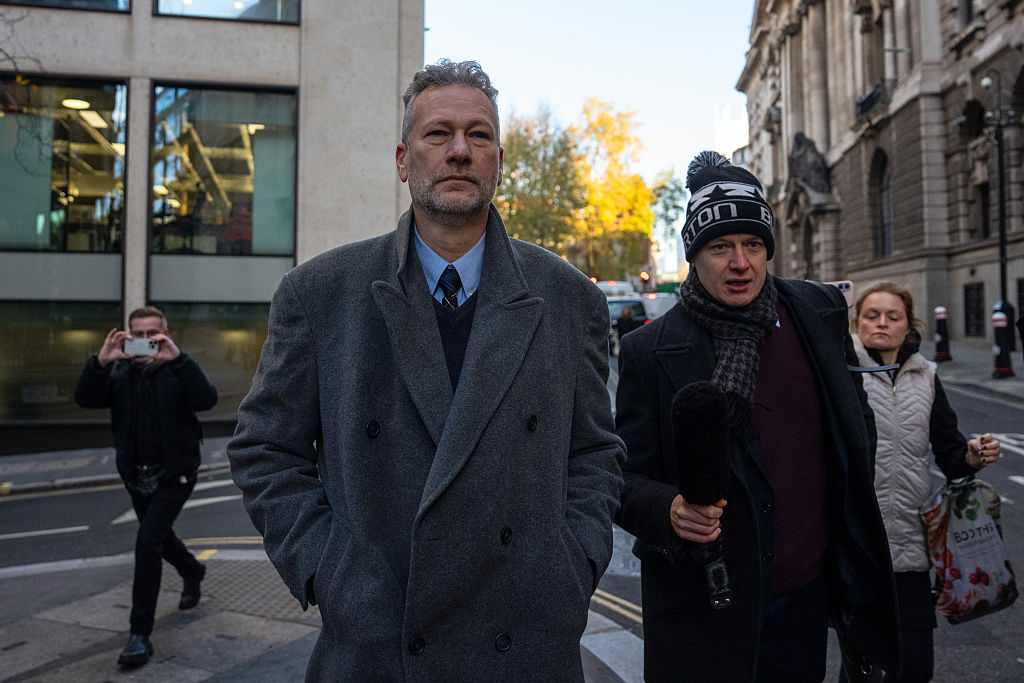First Time in UK History: Politician Sentenced for Paid Pro-Russia Messaging

A former Member of the European Parliament, Nathan Gill, has been sentenced to 10 and a half years in prison for accepting bribes to promote Kremlin-aligned narratives.
The Gaze reports this, referring to the BBC.
The landmark verdict was issued on November 21 at London’s Central Criminal Court, the Old Bailey, following Gill’s guilty plea to eight offences under the UK Bribery Act.
Gill, the former leader of Reform UK in Wales, will be eligible for release after serving half his sentence. According to prosecutors, he took money from a “pro-Russian Ukrainian political actor” in exchange for using his public profile to echo Moscow’s messaging.
Evidence included WhatsApp exchanges between Gill and Oleg Voloshyn, a Ukrainian politician widely associated with Russia’s influence operations.
Investigators found that Gill regularly appeared on Ukrainian TV channels 112 Ukraine and NewsOne – both owned by Viktor Medvedchuk, a close ally of Vladimir Putin – where he pushed prepared talking points that suited Russian strategic interests. These channels were shut down by President Volodymyr Zelenskyy in 2021 under national security sanctions.
Prosecutor Mark Heywood told the court that Gill followed “pre-agreed scenarios” in return for payments, including messages in which Voloshyn confirmed he had received “all the promised Christmas gifts” and requested “five more gift cards” – coded language for additional cash transfers. Later communications indicated that the funds originated from Medvedchuk.
The prosecution also revealed that Gill was encouraged to recruit “two more” MEPs into the pro-Russian scheme.
The case has sparked demands for broader scrutiny of foreign interference. Alister Carns, the UK Minister for Veterans and Deputy Defence Secretary, urged the Reform Party to launch a full internal investigation to root out any further Russian influence.
London’s Counter Terrorism Command said it is continuing to examine whether additional political figures may have engaged in similar conduct.
Earlier, the NATO Strategic Communications Center of Excellence (NATO StratCom COE) has released a new study that reveals the fragmented but flexible system of Kremlin propaganda built around official media, television, and a network of pro-Russian Telegram channels.
As The Gaze previously informed, Russia is dramatically increasing its budget for propaganda despite scaling back military expenditures, underscoring the Kremlin’s growing dependence on information warfare to compensate for its failures on the battlefield.